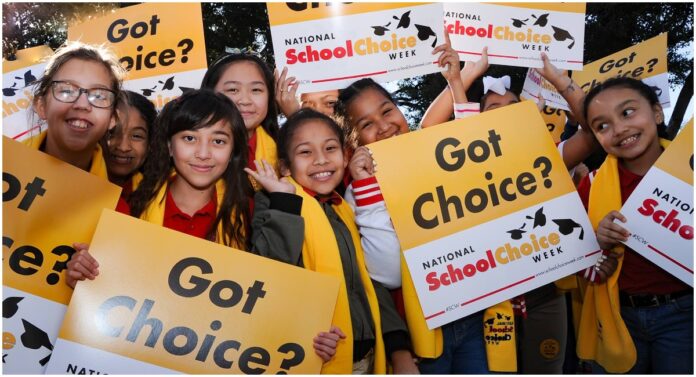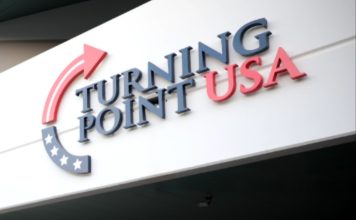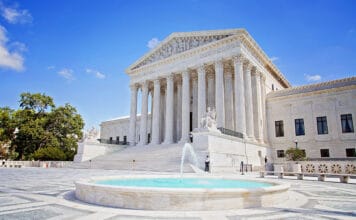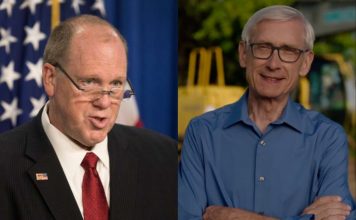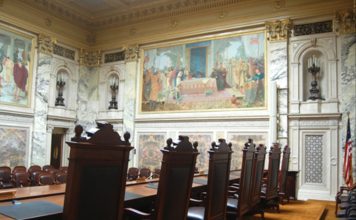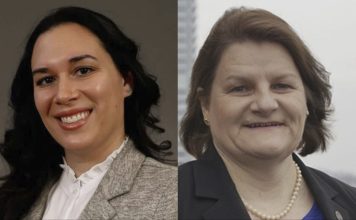This is an opinion piece by Nicholas J. Kelly, president of School Choice Wisconsin.
Primary elections are over. A 12-week sprint to the general election is underway.
A major shift in public opinion on school choice and K-12 education will be a factor in legislative races statewide. Given the general consensus that new legislative maps will produce closely contested November outcomes, the views of likely voters on school choice will be decisive.
Wes Anderson, the most experienced pollster on Wisconsin education issues in the last two decades, says a tipping point has been reached. When Anderson talks about state polling, it pays to listen. Four years ago he was within one point of calling the margin by which Joe Biden won Wisconsin. His forecast was tops in accuracy among a list that included the Marquette Poll, Reuters, CNN, the NYTimes, and Washington Post.
Anderson’s most recent sampling of Wisconsin public opinion on education issues came earlier this summer. Most striking was the notable support for school choice among Democrats and independents in every media market.
The reliability of the poll is reflected in the fact that it showed President Biden and Donald Trump in a dead heat.
Overall, fully 68% of likely voters favor school choice for all Wisconsin families. The cross tabs send a message in particular to Democratic candidates that historically have expressed knee-jerk opposition to school choice. Specifically:
- There was plurality support (47-41) among Democrats and 69% support among independents.
- In the liberal-dominated Madison media market support was 61%.
- Support exceeded two-thirds in remaining media markets (Milwaukee, Wausau, La Crosse, and Green Bay.
How do these numbers translate into a ballot box impact?
- Statewide, 55% said they would be less likely to vote for an opponent of universal choice while only 25% said they would be more likely to vote for such a candidate.
- A plurality of Democrats (40-36) said they would be less likely to vote for a choice opponent.
- In the five media markets, opposition to a candidate that did not support choice ranged from 50% in Madison to 73% in Wausau.


